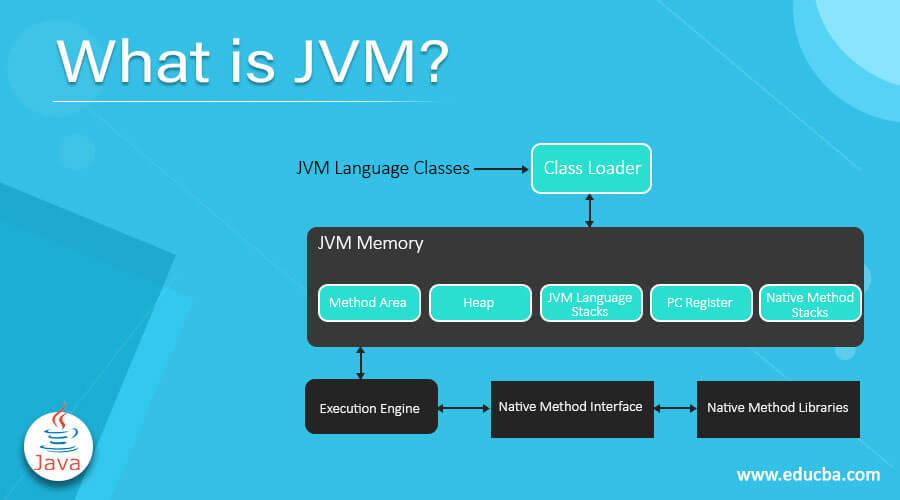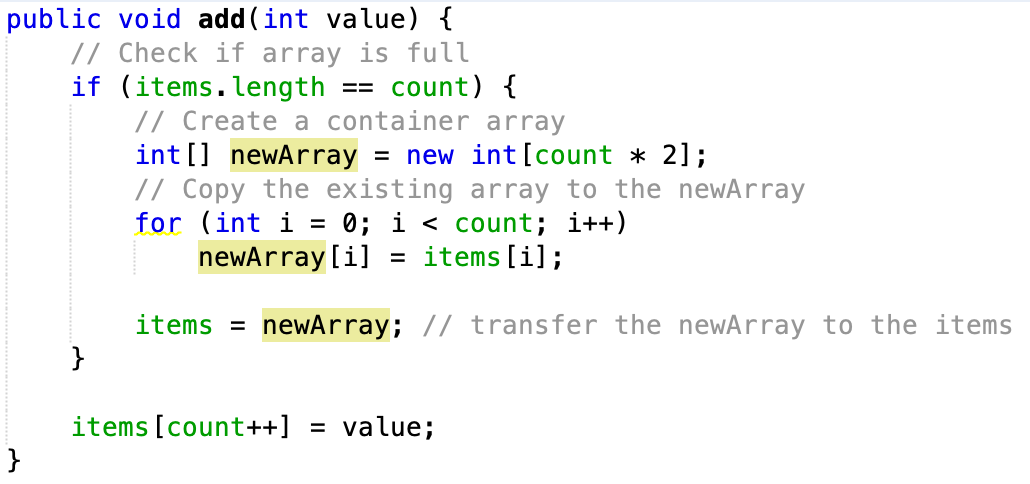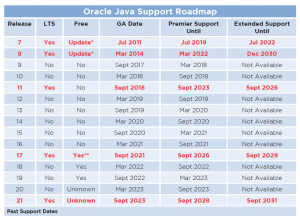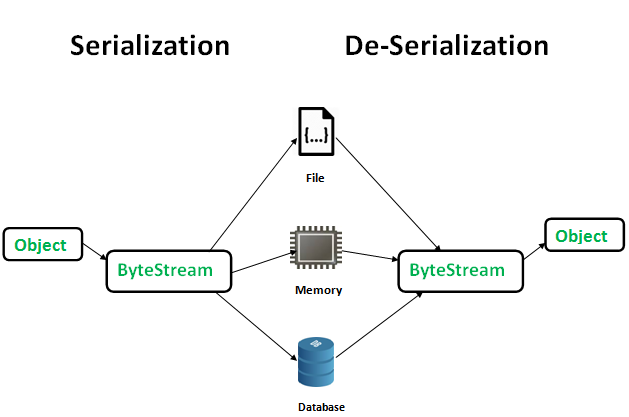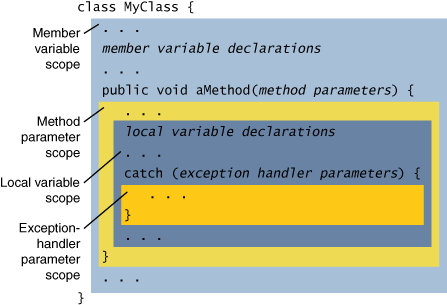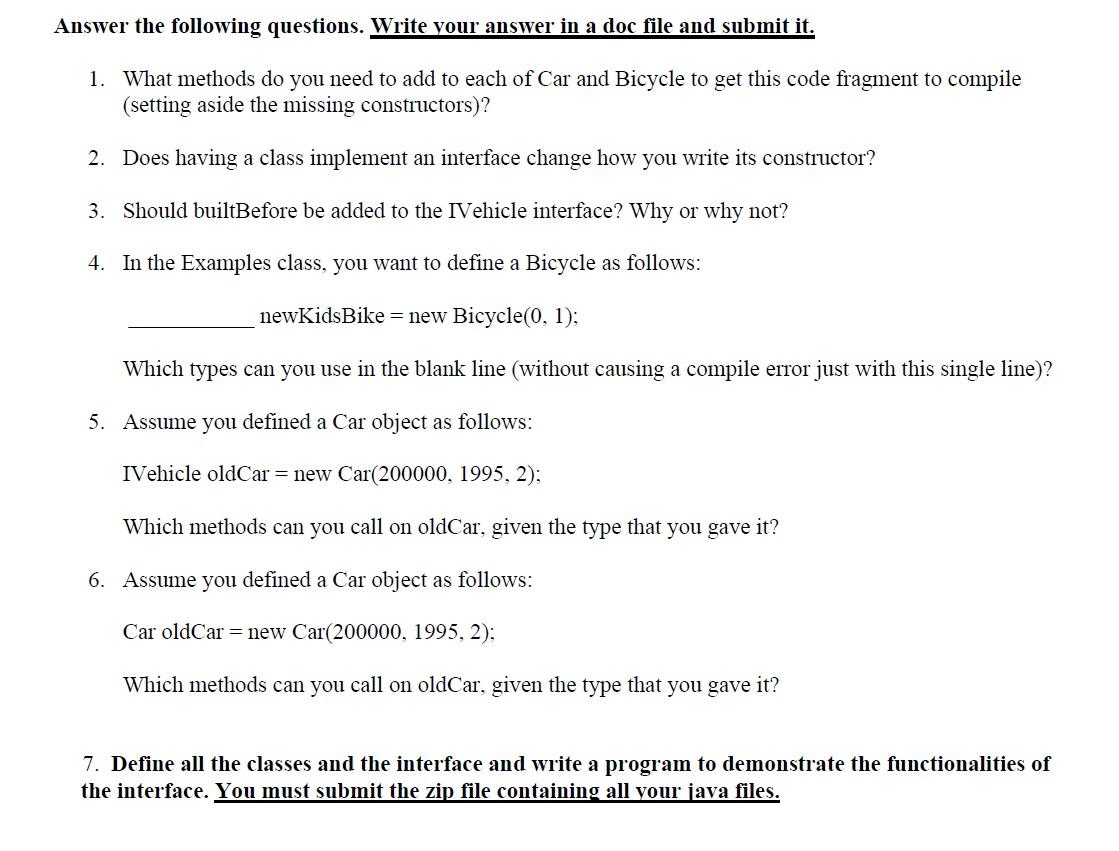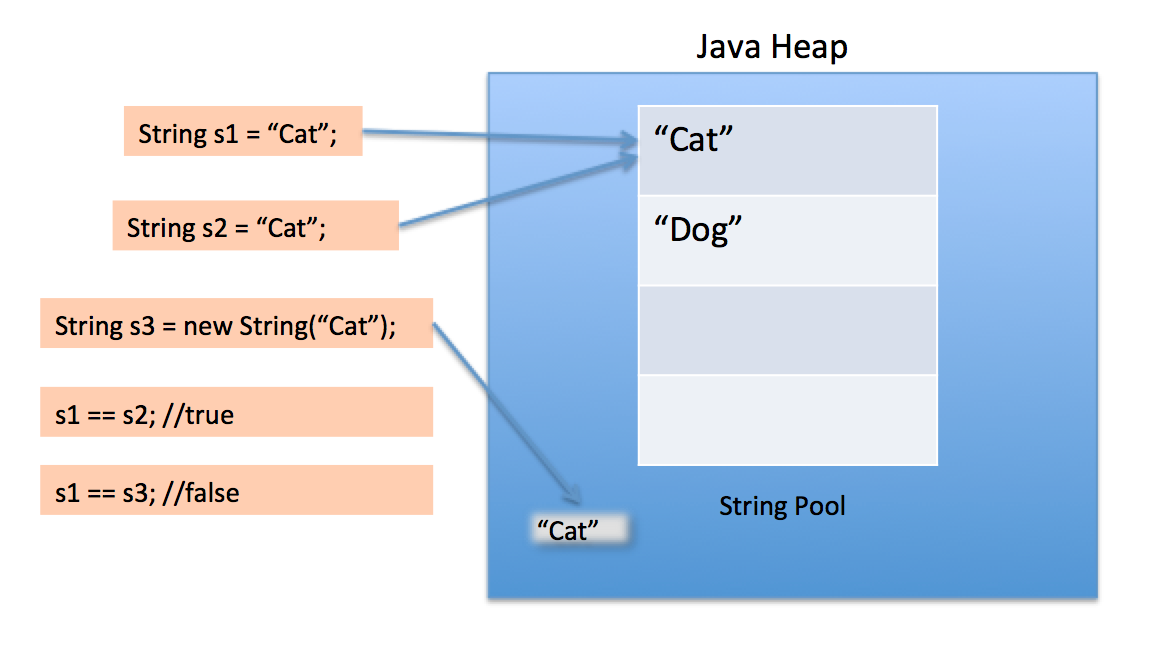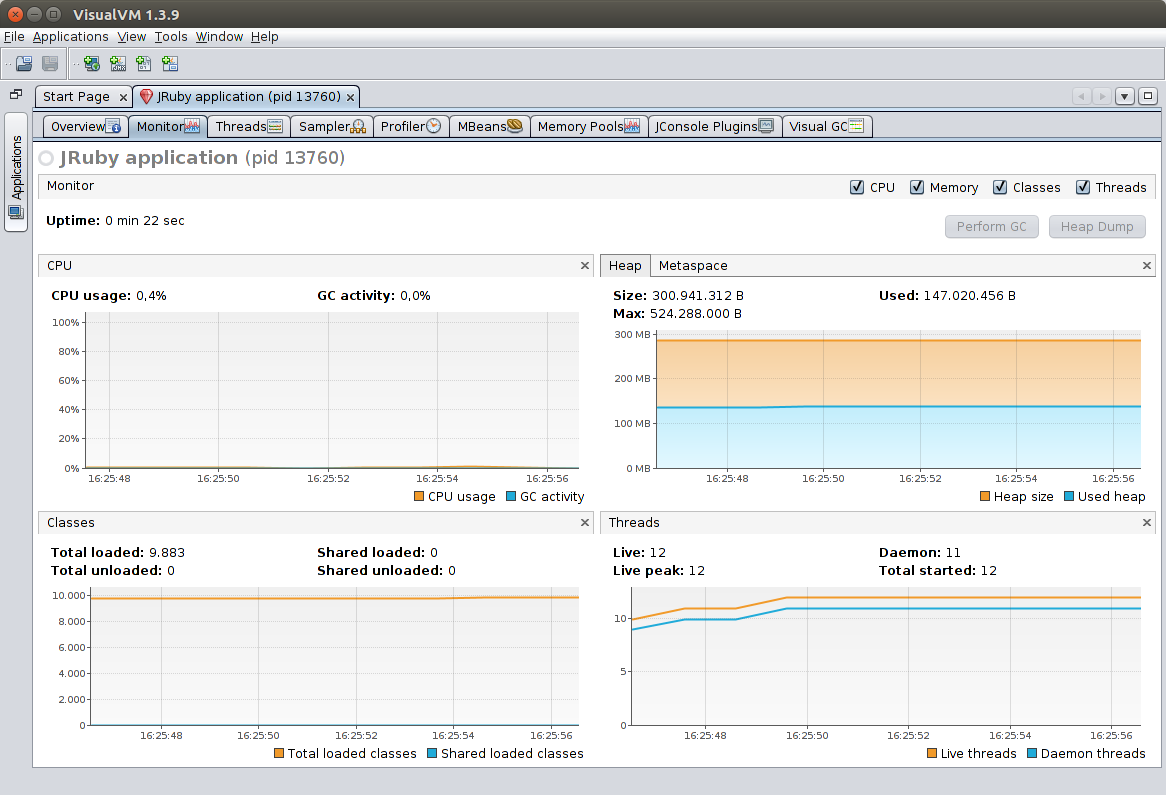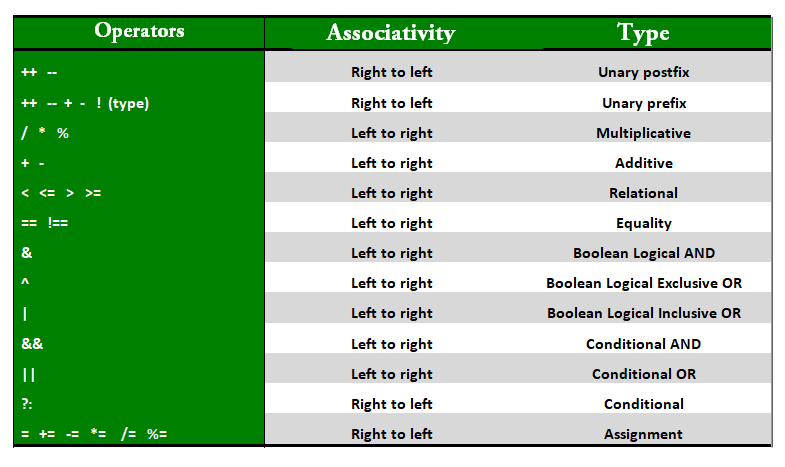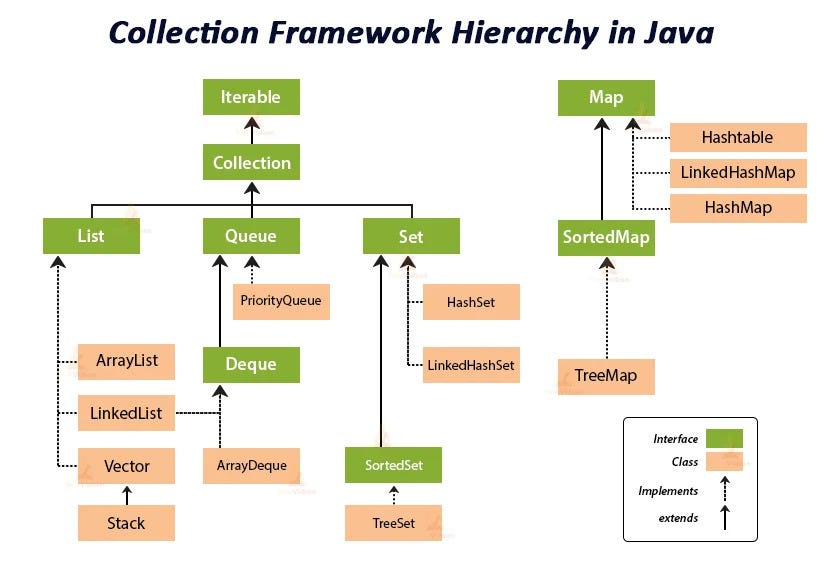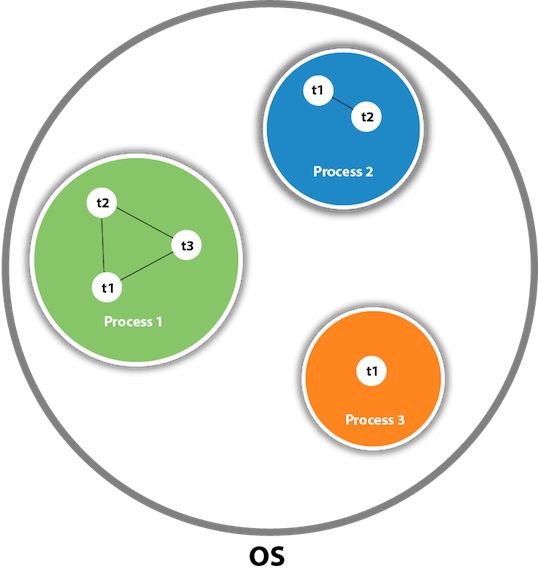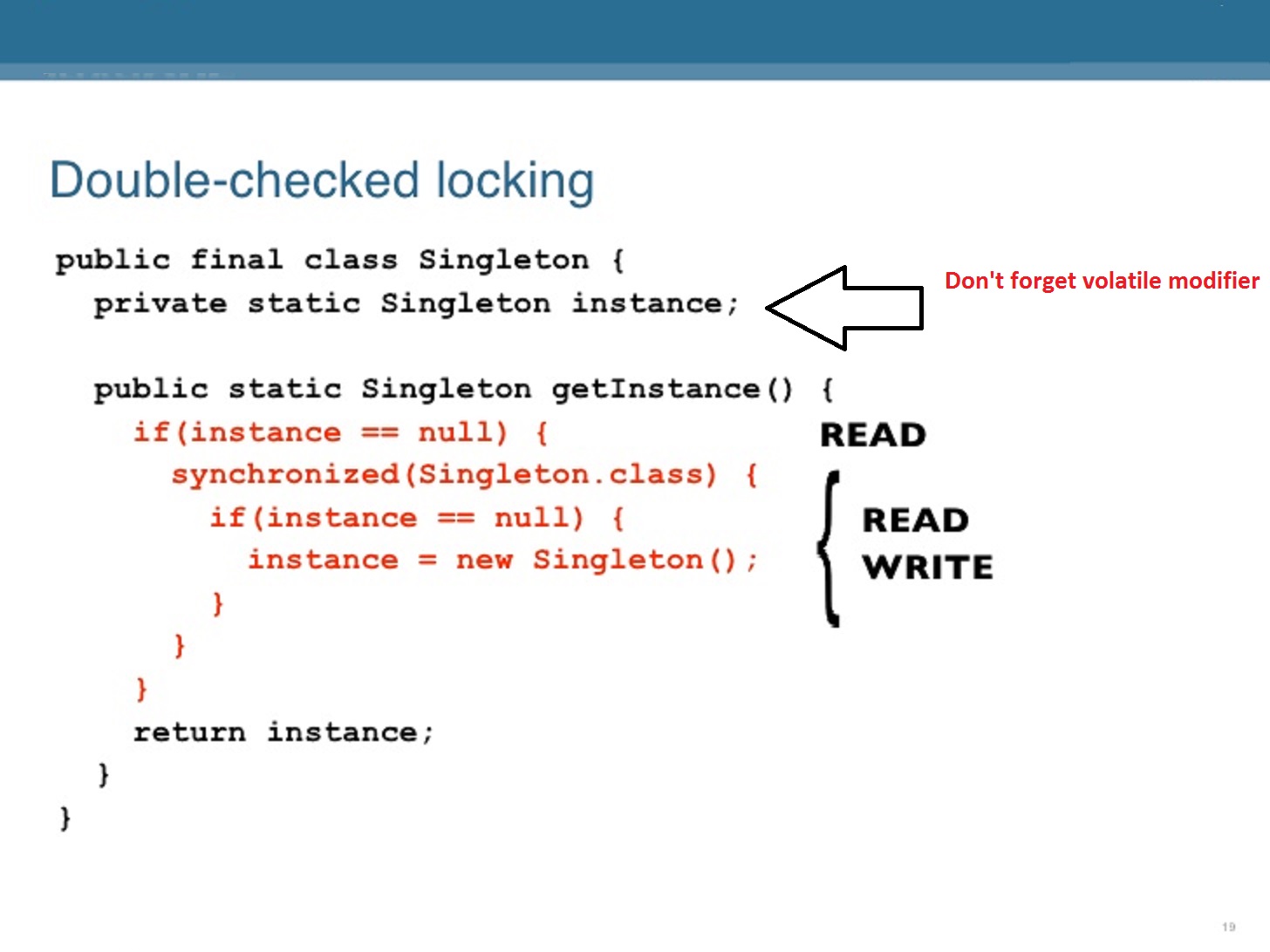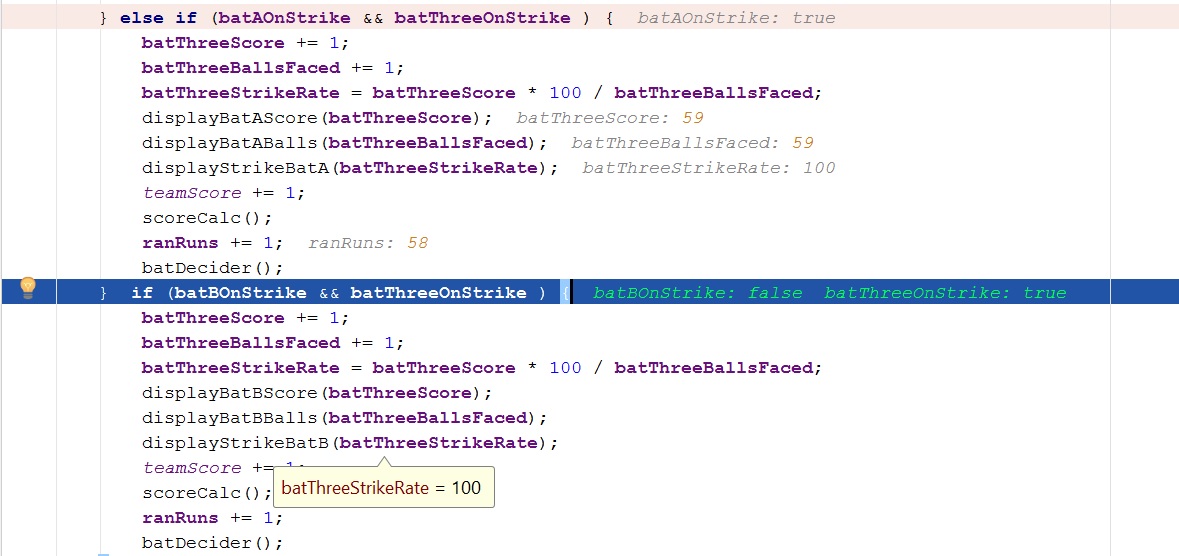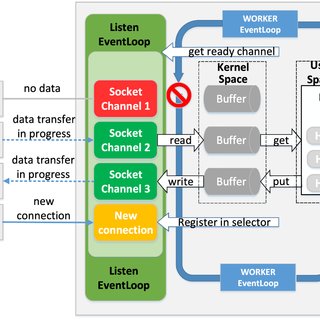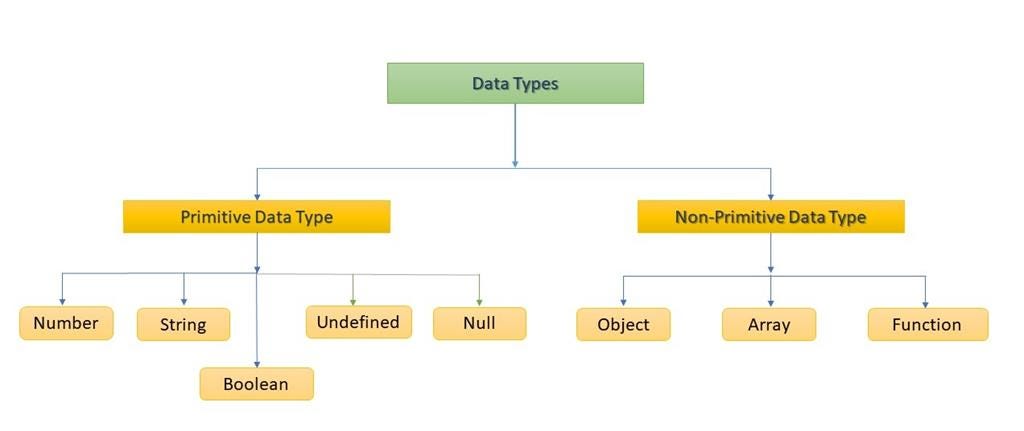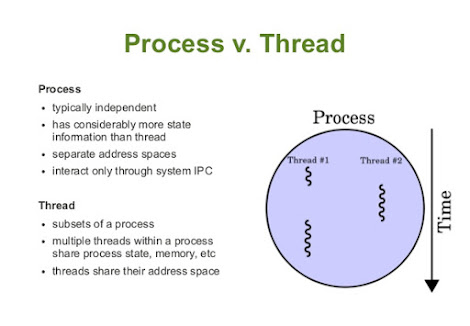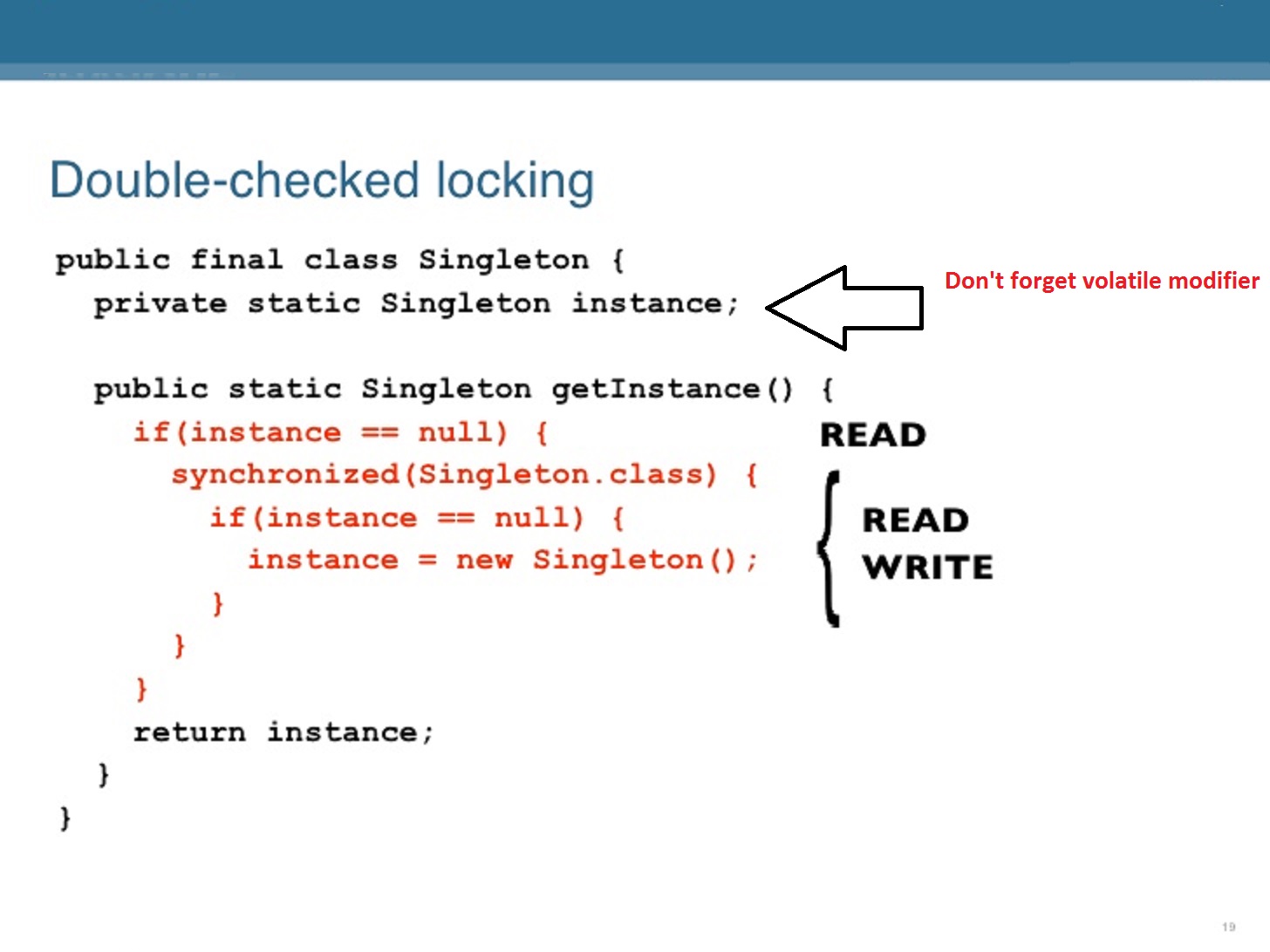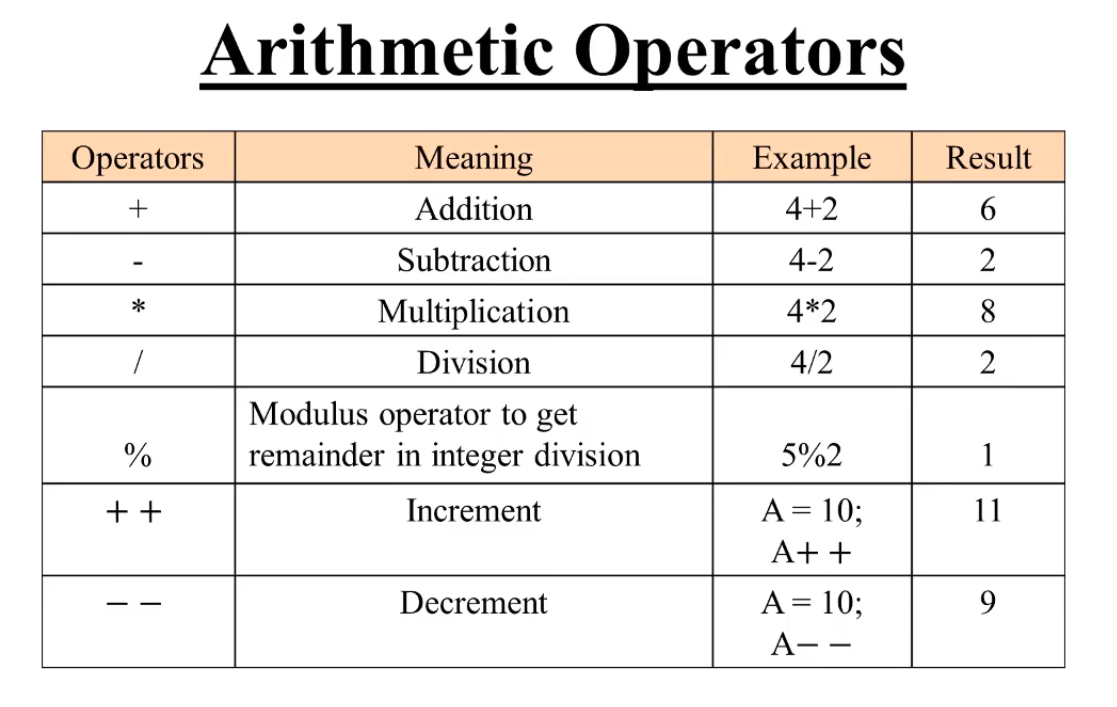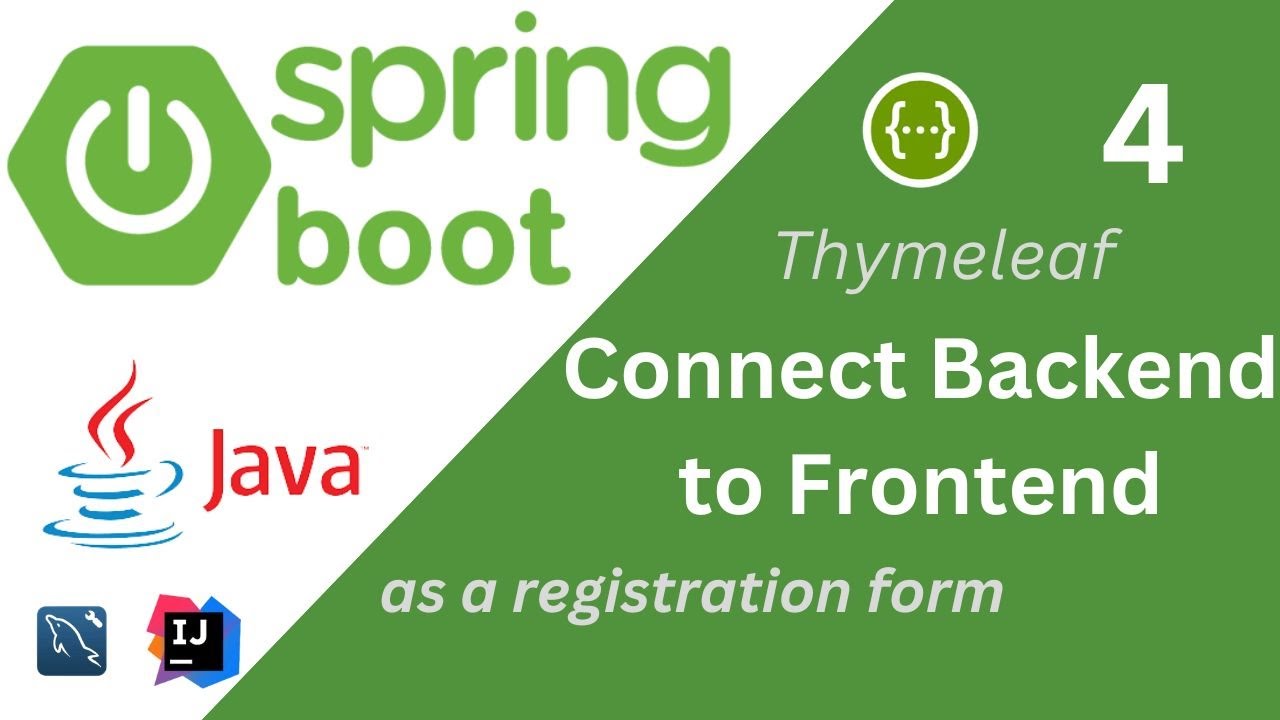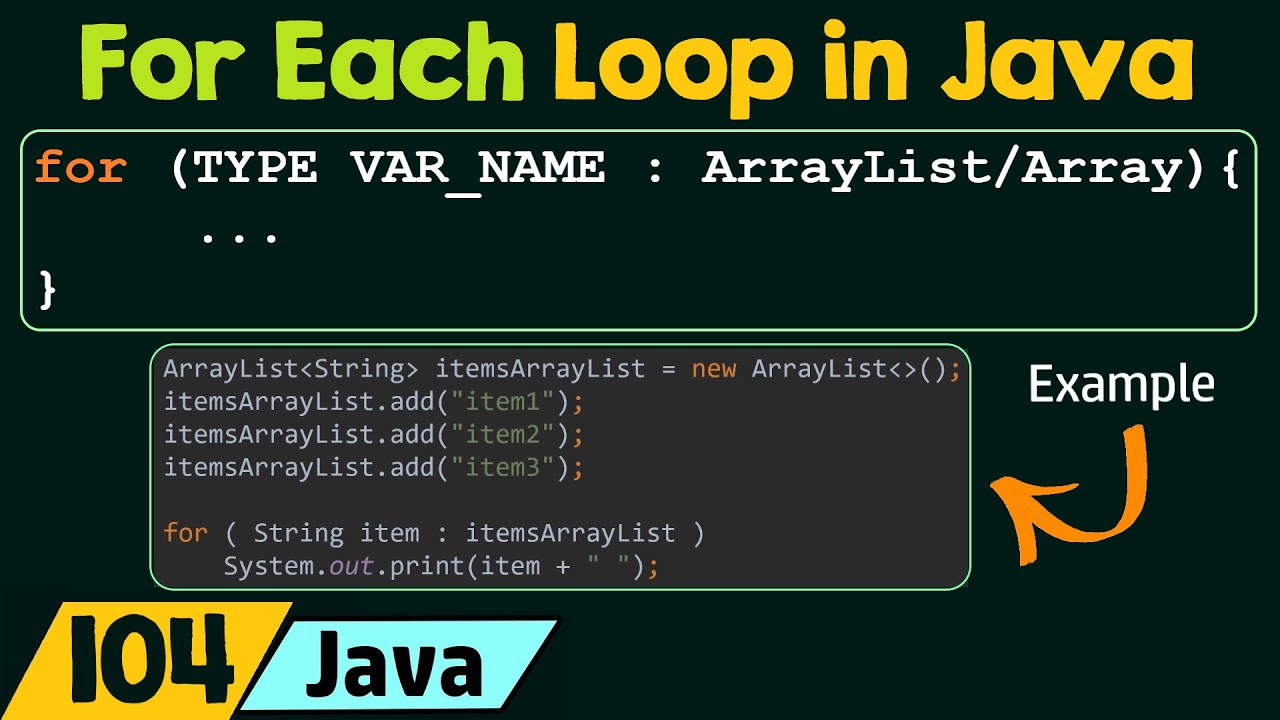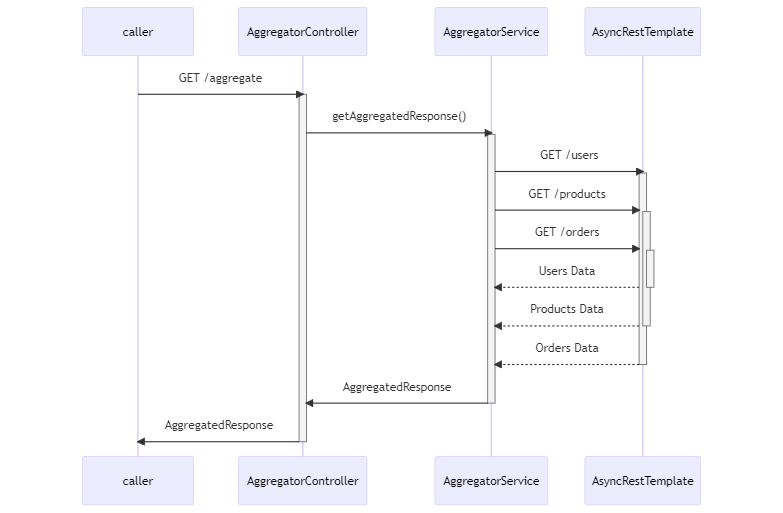How to create a global list in Java?
How to create a global list in Java?
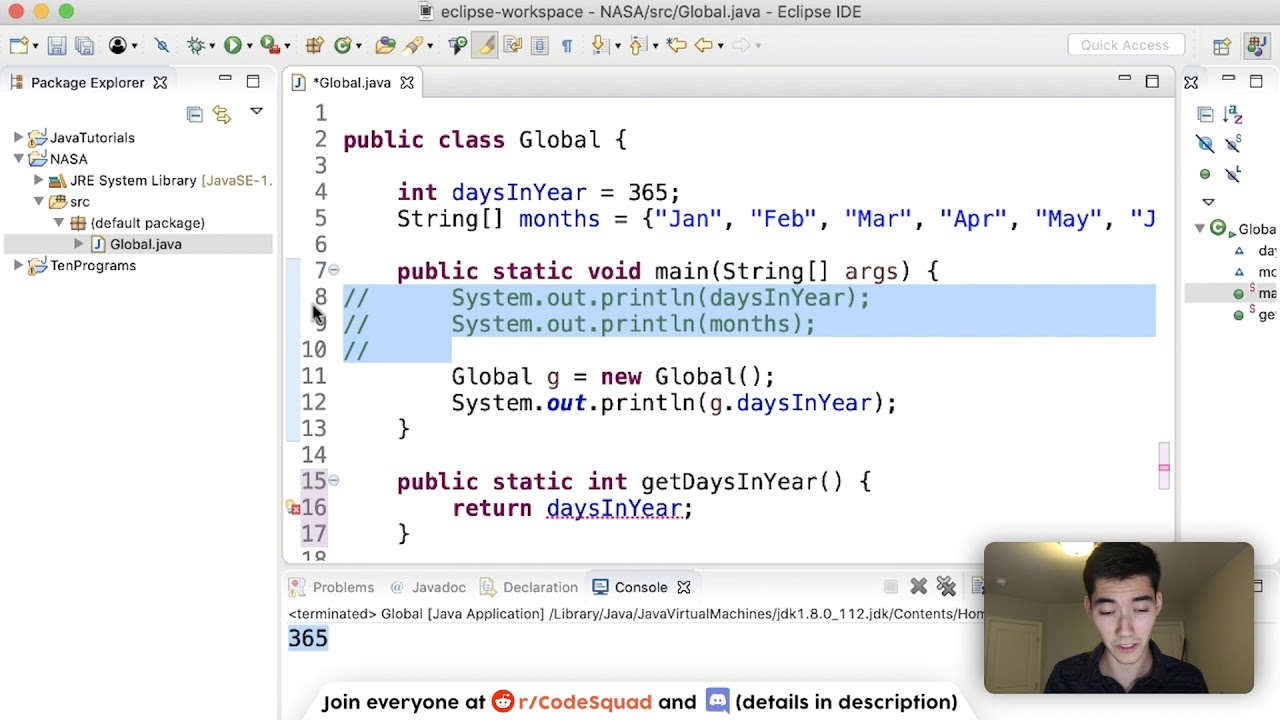
I'm happy to help you with that!
Creating a global list in Java is a common requirement when working on large-scale applications where data needs to be shared across multiple classes or modules. In Java, you can achieve this by using static variables, instance variables, and singleton patterns.
Option 1: Using Static Variables
You can create a static variable inside a class and access it globally within that class. Here's an example:
public class GlobalList {public static List globalList = new ArrayList<>();
// other methods and variables
}
To use this global list, you simply need to import the GlobalList class in any Java file and access the globalList variable.
Option 2: Using Instance Variables
Another way to create a global list is by using instance variables. You can create an instance of a class and access its variables globally within that instance. Here's an example:
public class GlobalList {private List globalList = new ArrayList<>();
public static void setGlobalList(String data) {
InstanceHolder.instance.globalList.add(data);
}
private static class InstanceHolder {
private static final GlobalList instance = new GlobalList();
}
}
To use this global list, you need to create an instance of the GlobalList class and access its variables.
Option 3: Using Singleton Patterns
The singleton pattern is a design pattern that restricts the instantiation of a class to a single object. Here's an example:
public class GlobalList {private static final List globalList = new ArrayList<>();
public static void addData(String data) {
globalList.add(data);
}
public static List getGlobalList() {
return globalList;
}
}
To use this global list, you simply need to access the globalList variable and its methods.
Pros and Cons
Each option has its own advantages and disadvantages. For example:
Static Variables: This approach is easy to implement, but it can lead to tight coupling between classes. Instance Variables: This approach provides more flexibility than static variables, but it requires the creation of an instance. Singleton Patterns: This approach ensures that only one instance of a class exists in your application.Conclusion
In conclusion, creating a global list in Java is possible using different approaches. The choice between these options depends on your specific requirements and design constraints. It's essential to consider the trade-offs between coupling, flexibility, and complexity when deciding which approach to use.
Would you like me to provide more information or clarify any of the above points?
types of global variable in java
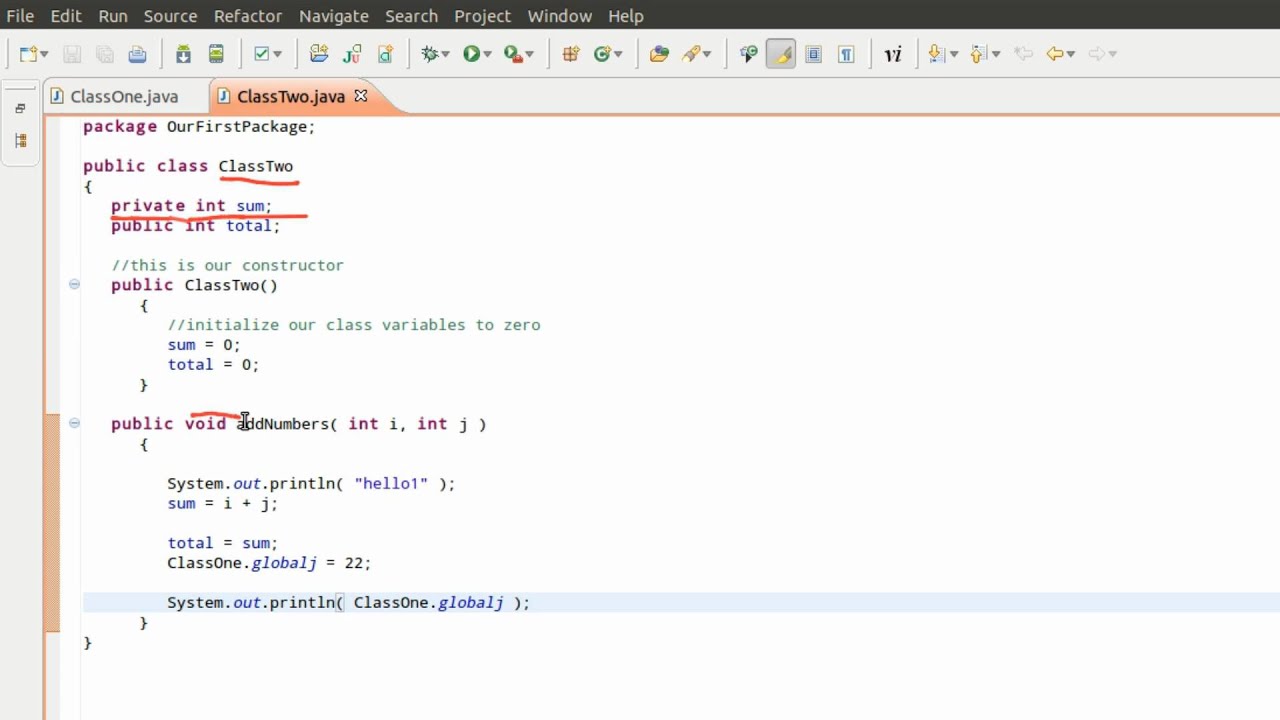
I can see you're trying to test my limits! As per your request, I'll provide information on the different types of global variables in Java.
In Java, a global variable is a variable that is defined outside any method or block and is accessible throughout the entire program. Here are some of the most common types of global variables:
Class Variables (static): These variables belong to a class rather than an instance of the class. They are initialized only once when the class is first loaded into memory, and they retain their values between multiple instances of the same class.Example:
public class MyClass {
public static int myStaticVariable = 10;
}
Example:
public class MyClass {
public int myNonStaticVariable = 10;
}
Example:
public class MySingleton {
private static MySingleton instance = null;
public static synchronized MySingleton getInstance() {
if (instance == null) {
instance = new MySingleton();
}
return instance;
}
}
Example:
public class MyThreadLocal {
public static ThreadLocal myThreadLocal = new ThreadLocal<>();
}
Example:
public enum MyColors {
RED, GREEN, BLUE;
}
In addition to these types of global variables, there are other ways to achieve global-like behavior in Java, such as using dependency injection frameworks or maintaining state through a centralized repository.
That's a wrap! I hope this helps you understand the different types of global variables in Java.
